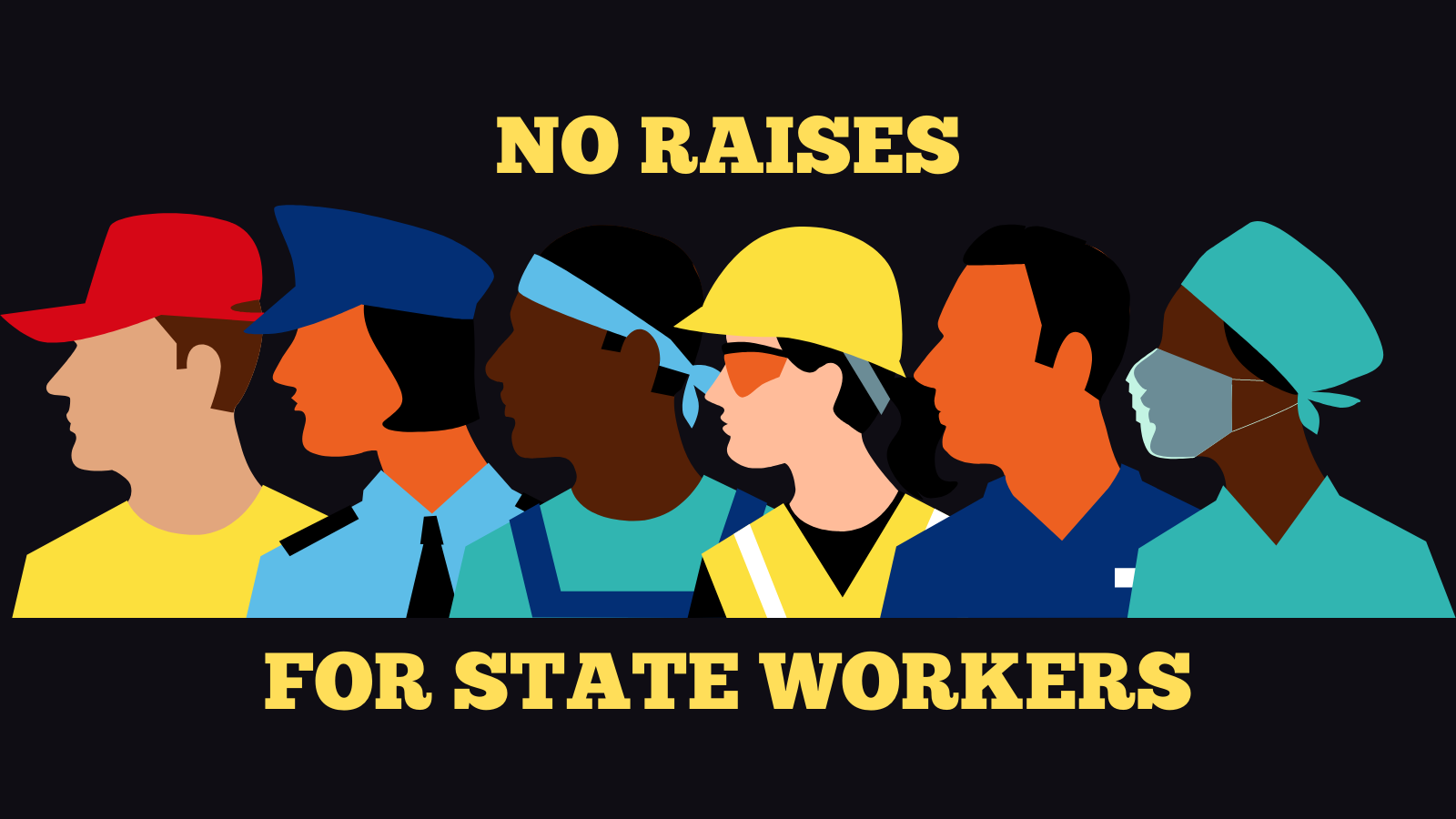Source: The News & Observer
Budget discussions at the legislature have been on hold for weeks as North Carolina Republicans granted themselves extra vacation after taking the week of the Fourth of July off. That means that raises for teachers and state employees, as well as Medicaid expansion, have been hanging in the balance the entire time.
House Speaker Tim Moore said in July that an agreement had been reached on raises for teachers and state workers, The News & Observer reported.
Even though there is now apparently an agreement in place, tens of thousands of teachers and state employees will have to continue to wait – not only to get a raise but to even find out what that raise will be.
Moore told reporters on July 20 that they “have agreed on raises for teachers and state employees. And so we haven’t released what that is, but we’re very pleased with that number.”
While an agreement is a good thing, it’s not known what number the House and Senate agreed on. According to The News & Observer, it’s likely that the raises will fall somewhere between what each chamber already pitched. The Senate proposed 5% raises over two years for most state employees and 4.5% over two years for teachers, though the percentage would vary by teacher. The House wanted a 10.2% raise for teachers and 7.5% for state employees with a higher raise for employees in harder-to-fill positions. Gov. Roy Cooper called for an average raise of 18% over the next two years for teachers and principals.
The legislature goes back into session the week of Aug. 7 and lawmakers will be busy with agreeing on a budget (maybe) and likely overriding six of Cooper’s vetoes on various bills passed by Republicans.
It’s also possible that some of the NCGOP’s worst bills that were put on the backburner could resurface.
”I suspect that just like you get, into in the final weeks of session, that there’ll be a lot of other bills that have been parked in both chambers that start moving very rapidly,” Moore said.
Even with an agreement on raises in place, there’s no guarantee of a quick resolution to the rest of the budget negotiations.
Senate leader Phil Berger told reporters that two major factors that are preventing the legislature from agreeing on a budget are how much money to put in reserves and “certain tax aspects.”
“There’s movement. There’s no resolution,” he said. He went on to say that “compensation issues” would be considered a “must do,” but it hasn’t gotten to that point yet.
As for Moore, he gave his take on the budget delay, saying that they “have some really hard negotiation that’s happening between the two chambers. And there’s some strong difference of opinion on tax policy and on some other matters. … And so we’re doing our due diligence and asking questions, digging in finding out more information. I would much rather us get it right, instead of getting it done quick.”
The budget was supposed to be ready by July 1. The legislature is now one month behind and the wait will likely continue past the Aug. 7 return date.
Cooper said that Republicans have no one to blame but themselves for the budget delay. In previous years, budget delays were about negotiations between the governor and Republicans, but now that they have a supermajority, Republicans are only arguing with themselves.
“Republican leaders have two supermajorities and no one to blame for this impasse but themselves. When they are here, they care more about divisive national politics than helping working people,” Cooper told The News & Observer in an emailed statement. “They should return from vacation, get to work, turn the switch to start Medicaid expansion and pass an education budget that helps middle-class families and stops tax cuts for the wealthy and corporations.”





